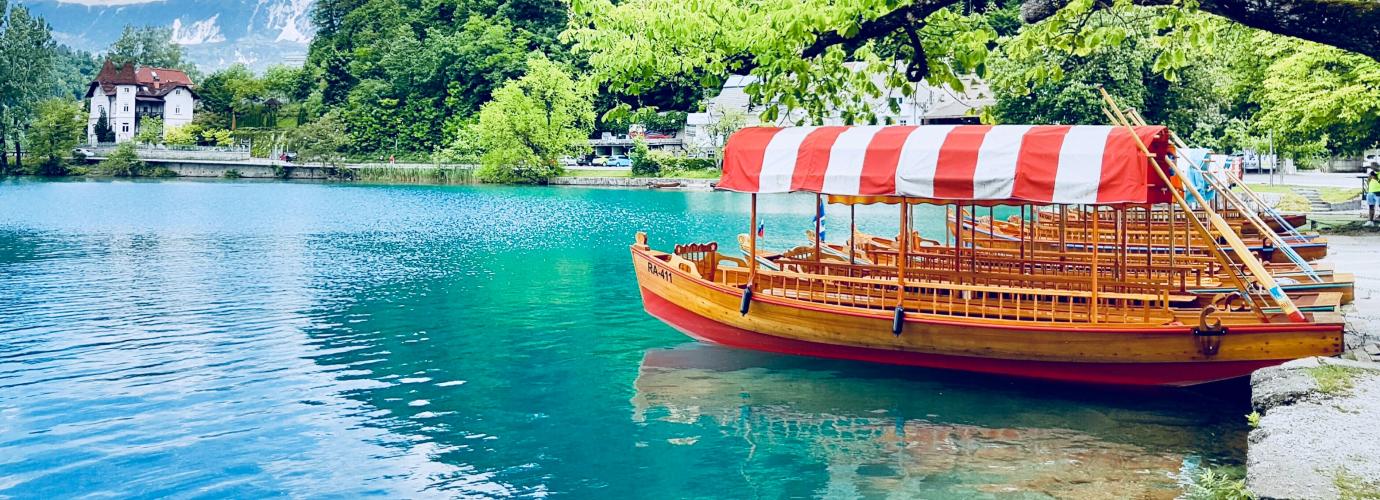European, global and intercultural dimensions in curriculum development
Internationalisation is the process that allows higher education and science to remain flexible and able to participate in finding proper knowledge-based ways to respond to global challenges, such as climate changes, digitalisation and artificial intelligence, as well as demographic problems.
By underpinning and developing of established and by creating new international connections internationalisation supports the endeavour to honour commitments and attain goals as defined in the relevant strategic documents:
- Slovenian Development Strategy 2030
- Foreign Policy Strategy of the Republic of Slovenia
- Slovenian Strategy of Sustainable Smart Specialisation
- National Programme for Promoting Developing and Use of Artificial Intelligence in the Republic of Slovenia
- Programme of Promoting Investment and Internationalization of the Slovenian Economy.
The strategic documents in higher education and science highlight the importance of international cooperation and include under priority guidelines the aims of internationalisation as a tool for promoting the quality and development of Slovenian higher education and science.
The context of the continuous internationalisation of Slovenian science and research has been specified with the umbrella strategy – the Resolution on the Slovenian Scientific Research and Innovation Strategy 2030. It has been linked strongly to the internationalisation of Slovenian higher education as the latter contributes to the systematic development of new competences for the research work and at the same time, to the transfer of knowledge into the society.
With the Higher Education and Science Internationalisation Strategy of the Republic of Slovenian until 2030 one outlined the vision and goals by focusing on associating the international aspect of higher education and research area that should be facilitated in a successful and efficient administrative environment and oriented towards the continuous internationalisation of Slovenia. It specified joint geographical and transversal guidelines as well as priorities for higher education and science following international trends and EU guidelines.
Higher education internationalisation is understood as a process of integration of international, intercultural and global dimensions into the purpose, activities or implementation of higher education. Internationalisation in research is firstly understood in the sense of realising research goals and aims as all sciences that strive to be excellent must be associated internationally in proper circumstances and conditions for researchers to work.
The staff at the Slovenian national agency is set up at the Centre of the Republic of Slovenia for Mobility and European Educational and Training Programmes (CMEPIUS) administer the Erasmus+ programme and other programmes, initiatives (CEEPUS, bilateral cooperation, EURAXESS, Study in Slovenia …) that are significant for the internationalisation of institutions and the national system of tertiary education.
CMEPIUS pursued in cooperation with the Ministry responsible for education the activities of the EHEA project that were focused on the internationalisation of the study programme or integration of international and intercultural dimensions into the study process for all students in the domestic study environment.
Partnerships and networks
Partnerships for cooperation in the scope of the Erasmus+ programme, one of the actions of Key Action 2 are important tools for creating and fostering international alliances with Slovenian higher education institutions because they build a platform for an efficient response of the tertiary education to the challenges of modern times, better incorporation into international development (e.g. internationalisation at home and abroad), and the realisation of strategic goals of policies at the national and European level. Projects, in which institutions:
- Gain experience with international cooperation
- Improve their abilities and capacities
- Realise quality and innovative outcomes.
Actions take place via national agencies, so the provision is decentralised. The Slovenian national agency is set up at the Centre of the Republic of Slovenia for Mobility and European Educational and Training Programmes (CMEPIUS).
Among the key instruments for inventing the new European Higher Education Area is the ambitious European Universities Initiative within the ERASMUS+ programme. With long-term structural, strategic and sustainable cooperation among higher education institutions that joined the associations of European universities, this initiative aims to improve the international competitiveness of higher education institutions in Europe and promote European values and identity. Currently, there are two Slovenian universities: the University of Ljubljana and the University of Primorska that joined different associations, namely EUTOPIA and T4EU, respectively.
The University of Maribor participates in the project of the new ATHENA European University, in which it has been coordinating the activities within the establishment of the integrated research area for researchers to develop joint projects and thereby, achieve goal-orientated results of the European Higher Education and Research Area.
The participation in international networks of higher education institutions is facilitated also by the Central European Exchange Program for University Studies (CEEPUS), also set up at the CMEPIUS. It is a regional programme that started in March 1995. It aims at establishing and promoting the mobility of students and teaching staff among participating countries and makes the best of the friendly relations and possibilities for creating joint study programmes.

